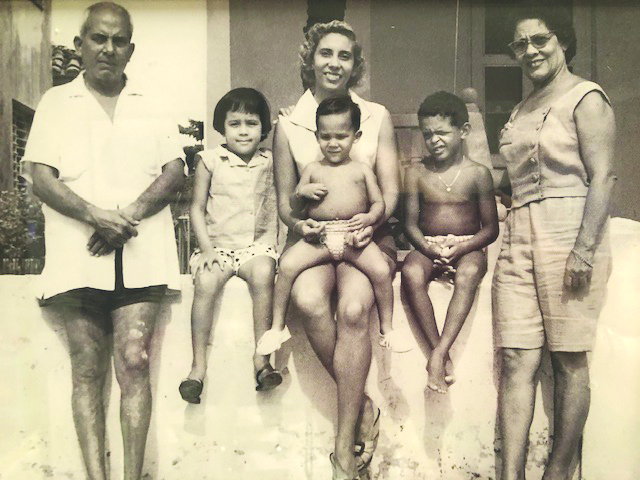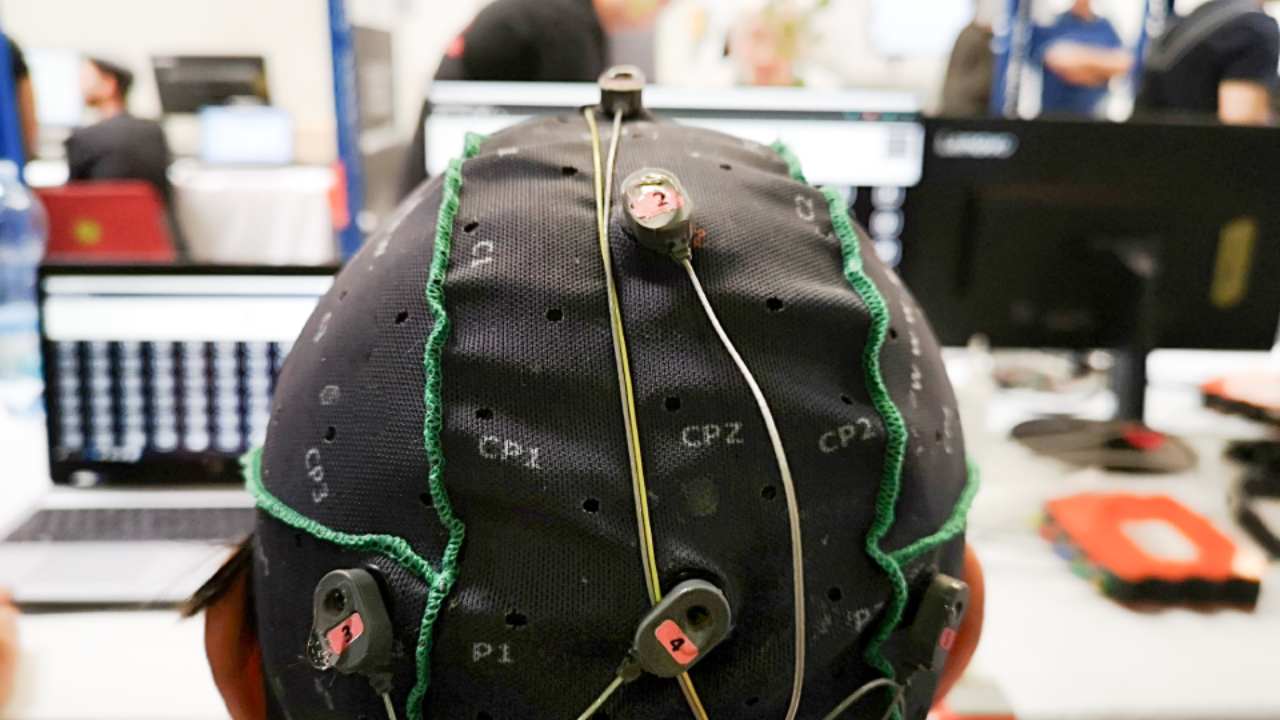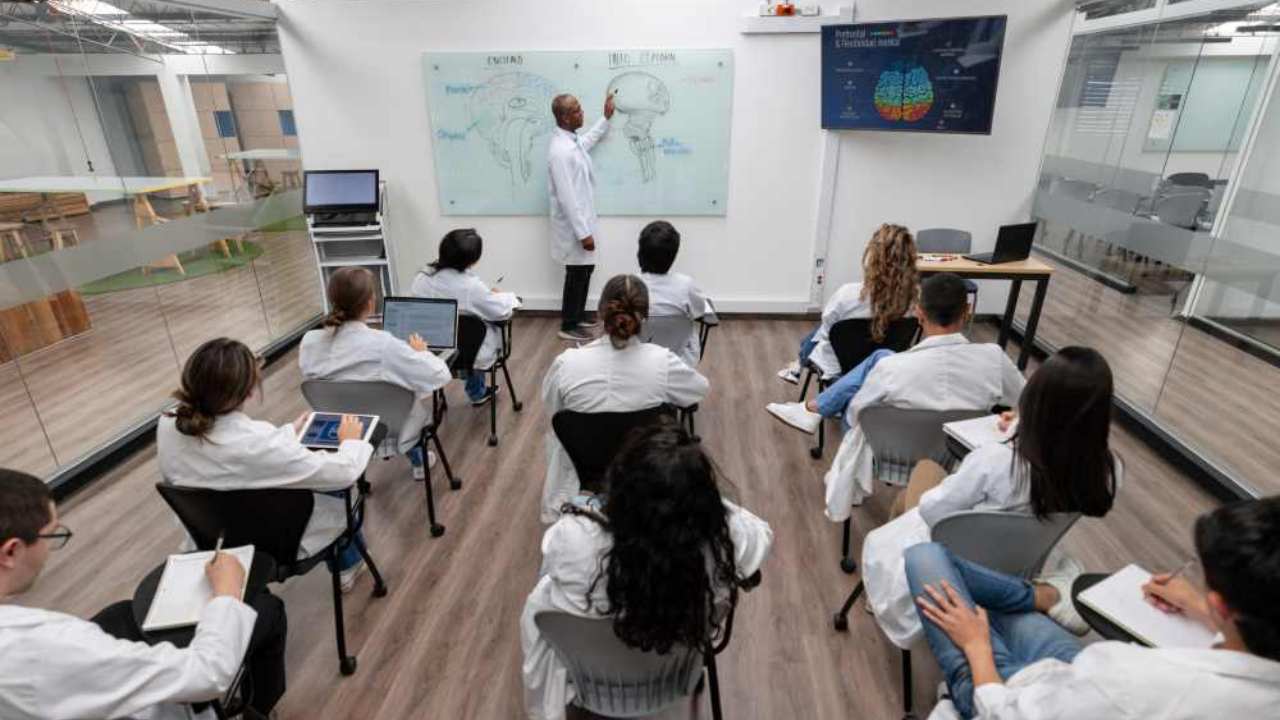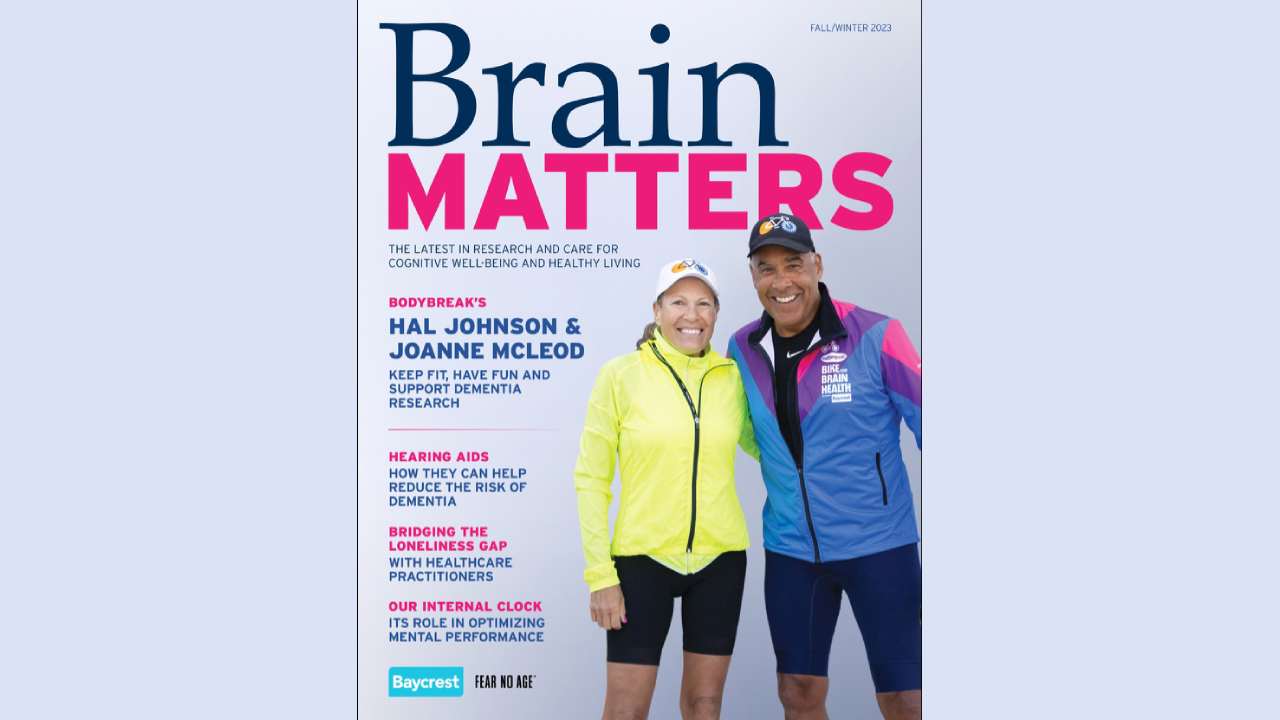
Fans of the American version of The Office know the name Oscar Martinez, the smart and swaggering accountant viewers

Havana, Cuba, circa 1959: Members of the Nunez family with baby Oscar seated on his mother’s lap at centre. His grandmother, Marta, is on the right wearing sunglasses.
came to love over the television show’s nine-season run. The character was played with perfect comic timing and panache by actor and comedian Oscar Nunez.
Born in Cuba, Oscar and his family moved to the United States when he was two. When he was six, his grandmother arrived and lived with him and his parents in their home. Nunez has happy memories about her, as she was his caregiver while both his parents worked nine-to-five jobs to support them. Then, when he was in his teens, she started to change from the robust, capable woman he had always known, to someone who just started to “deteriorate” before his eyes, he says. It was Oscar’s eye-opening moment about what dementia looks like and how it can take a toll on families.
Oscar is giving his time and talent to help raise awareness for dementia care. He has created a brain sculpture for the 2020 Yogen Früz Brain Project in support of Baycrest.
BrainMatters recently interviewed Oscar about his memories of his grandmother and his involvement with The Yogen Früz Brain Project in support of Baycrest’s fight against dementia.
Oscar Speaks About Dementia
Why is it important for you to lend your voice in the fight against dementia?
“People are living longer. Dementia and Alzheimer’s are becoming more prevalent. It just makes sense to address this as aggressively as possible.”
You’ve said that your grandmother began exhibiting noticeable signs of dementia when you were a teenager. How did you feel when you first noticed? And what was your relationship with her like before and afterwards?
“I had a good relationship with my grandmother. Seeing her lose her ability to make decisions was a mixture of feelings. It was sad, and sometimes frustrating. At times, I could find the humour in it. My grandma was the cook in the family. She loved this role. It was very important to her identity. I remember one day I asked her to make me a tuna fish sandwich. At this point we knew that Grandma’s mind was different, and one of the ways it manifested was she was over-salting the food. We tried hiding the salt, but she always found it.
“She also always wore makeup. Unfortunately, we ended up having to take it away because she would paint herself so garishly, she’d end up looking like The Joker. That only worked for a short while. She found a Magic Marker and coloured in her eyebrows. When I saw her she scared me and I said, ‘Ah, Grandma!’ She smiled and nodded with pride at her resourcefulness.”
Before your grandmother’s diagnosis, were you familiar with Alzheimer’s and dementia?
“My grandmother was never officially diagnosed. She lived at home and we cared for her until the end, which is pretty common in my culture. We just took her memory loss in stride. I didn’t really know specific information about either Alzheimer’s or dementia. I just knew that for many people, losing their memory was a part of the aging process.”
Baycrest is working towards having people of all ages think about their brain health and take small steps to lead a brain-healthier life. Can you share why you are supporting Baycrest’s work in raising awareness and educating the general public about brain health?
“It’s a no brainer. Sorry, I couldn’t resist. Obviously, brain health is very important for a happier way of experiencing the end of your journey. At the end of my dad’s life, he had memory loss due to alcoholism. My mother, conversely, did not have any memory issues when she was dying. Witnessing both, my opinion is that being present and engaged towards the end of one’s life makes a heck of difference.”
What are your thoughts on The Yogen Früz Brain Project in support of Baycrest?
“I think it’s a fantastic project that will add precious time for many families as they transition their elderly into their next adventure.”
Related Articles: People, Brain Matters









